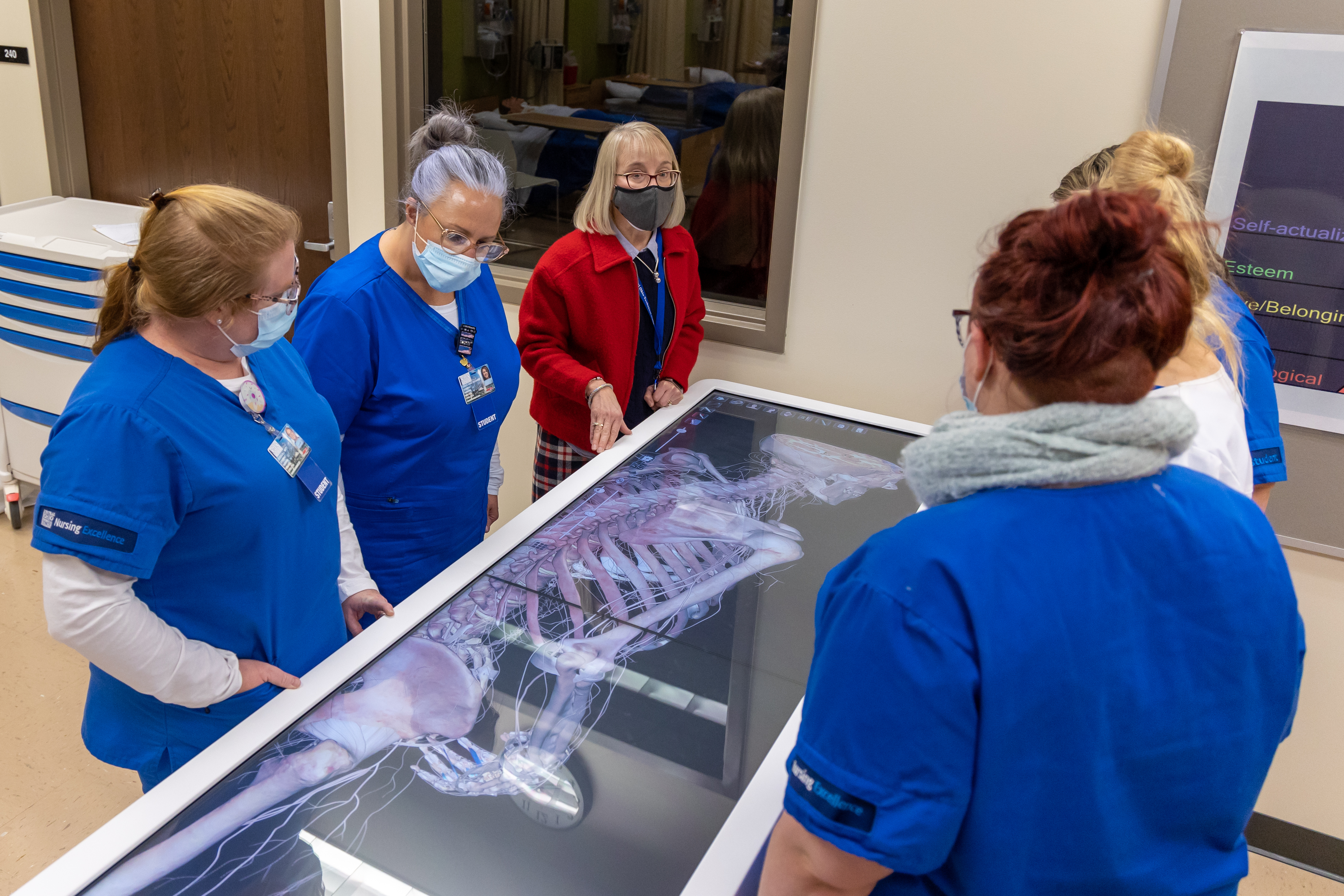In today's tight job market, degrees offered by Central Ohio Technical College are more relevant than ever, the college's president, John Berry told the Mount Vernon News.
"This is such a complicated time," he said. "We do see more and more people finding their pathway, where they fit in the world. They want to make a difference. They want to contribute to society and to feel like their work has meaning."
The majority of college's offerings are related to health care, he said.
"About 65% of our students are engaged in health care in some field or another," Berry said. "With all the impacts of COVID, there is so much demand and need to funnel new people into that system and to help people who have been immersed in that over the last two year and are exhausted."
At the same, it is has been harder to find experienced health care professionals to help train students in the field, Berry said.
The professionals are so exhausted from long hours that their reaction often is, "I don't care how much money you throw out at me, I just want to go home," Berry said.
Those professionals who are still helping train students understand the importance of that mission, Berry said.
Ohio technical colleges were a factor in Intel's decision to build a new chip factory in New Albany, Berry said.
"In our region, we had already begun an awful lot of investment in those internet technology and engineering areas," he said. "It was very good timing."
The college has four full-service campuses. The newest one, in Pataskala, is about 14 miles from the site of the new Intel factory complex in New Albany, Ohio.
Ohio's technical college system helped the state land the Intel project, Berry said.
Central Ohio Technical College has the state's highest placement rate of students in jobs once they graduate, Berry said.
"Ninety-two percent of our graduates are placed within six months of graduation," he said. "We really only offer programs where graduates can make a comfortable living wage. Why would get a college degree some something that pays $14 an hour?"
There is also a huge demand for students in short-term certificate programs that can be completed in six months to a year, Berry said.







